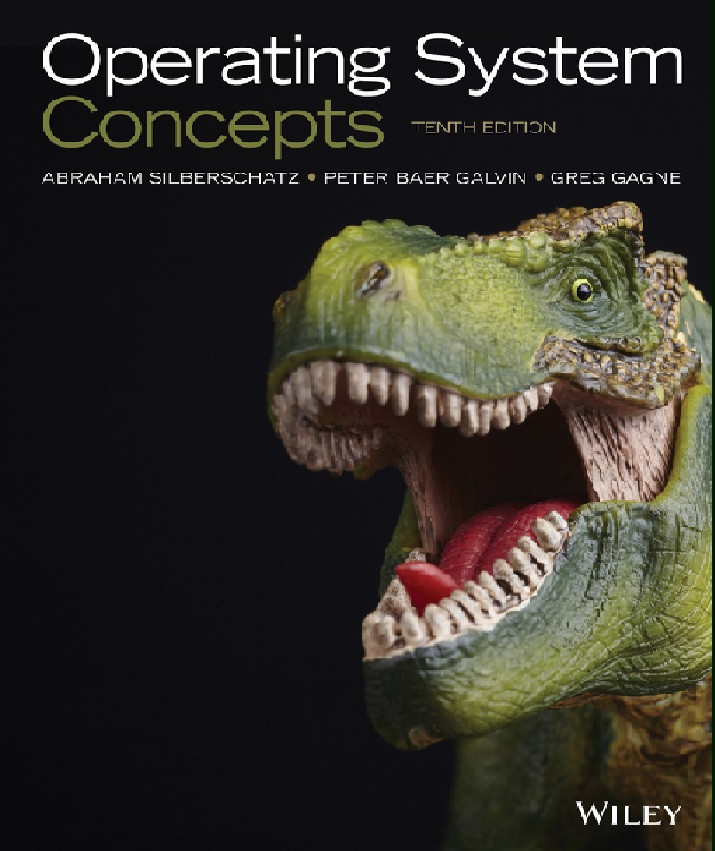
This course provides a comprehensive understanding of Operating Systems (OS) concepts, focusing on process management, memory management, synchronization, and file systems. The theory covers OS fundamentals, scheduling, synchronization techniques, deadlocks, memory management strategies, and file system structures. The lab reinforces these concepts through hands-on implementation using C/Python.
Theory Summary:
• Introduction to OS: Structure, operations, and process management.
• Multithreading & Scheduling: Threading models, CPU scheduling algorithms.
• Synchronization & Deadlocks: Mutex, semaphores, deadlock prevention, detection, and recovery.
• Memory Management: Paging, virtual memory, demand paging, and page replacement strategies.
• File System & Storage Management: File organization, allocation methods, and disk scheduling.
Laboratory Summary:
• Basic OS Commands & Shell Scripting: File management, permissions, disk usage, networking, and scripting.
• Process Management & Scheduling: Implementing CPU scheduling algorithms and process handling.
• Synchronization & IPC: Shared memory, multithreading, semaphores, producer-consumer problem.
• Deadlock Handling: Implementation of Banker's algorithm for deadlock avoidance.
• Memory Management & Hashing: First-fit & best-fit allocation, hash table implementation.
By the end of the course, students will gain practical problem-solving skills and an in-depth understanding of OS functionalities, preparing them for real-world system-level programming.
Theory Summary:
• Introduction to OS: Structure, operations, and process management.
• Multithreading & Scheduling: Threading models, CPU scheduling algorithms.
• Synchronization & Deadlocks: Mutex, semaphores, deadlock prevention, detection, and recovery.
• Memory Management: Paging, virtual memory, demand paging, and page replacement strategies.
• File System & Storage Management: File organization, allocation methods, and disk scheduling.
Laboratory Summary:
• Basic OS Commands & Shell Scripting: File management, permissions, disk usage, networking, and scripting.
• Process Management & Scheduling: Implementing CPU scheduling algorithms and process handling.
• Synchronization & IPC: Shared memory, multithreading, semaphores, producer-consumer problem.
• Deadlock Handling: Implementation of Banker's algorithm for deadlock avoidance.
• Memory Management & Hashing: First-fit & best-fit allocation, hash table implementation.
By the end of the course, students will gain practical problem-solving skills and an in-depth understanding of OS functionalities, preparing them for real-world system-level programming.
- Teacher: Deepthi Shetty